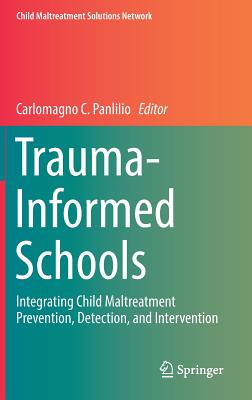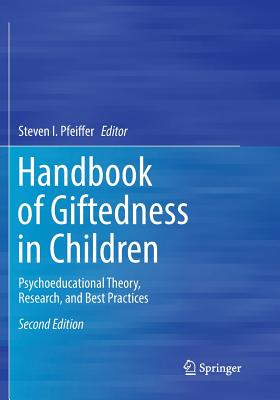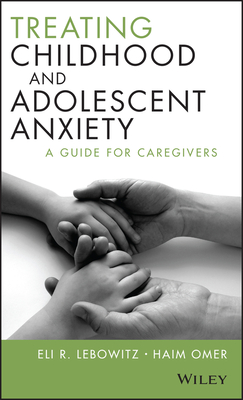商品描述
During the last several decades our understanding of child maltreatment has deepened. Early research focused on exploring its epidemiology, combined with trying to understand the nature of the maltreating parent and effects on the developing child. In the 1990s, the field began to understand maltreatment in the context of family systems and the role of parent-child relationships in the development of psychopathology. We also increased our understanding of the links between maltreatment, trauma, and mental health. Interventions were developed that targeted the quality of the parent-child relationship (e.g., CPP), decreasing trauma symptoms (e.g., TF-CBT, AF-CBT), and supporting children's placements outside the home (e.g., Early Intervention Foster Care). Other interventions, originally developed to reduce children's disruptive behaviour in family settings were successfully applied to maltreated children (e.g., PCIT, TripleP, Incredible Years). In the past decade, scholars have conducted studies of these treatment's efficacy in randomized control trials and their effectiveness in different populations of children. We have, as a community of scholars and practitioners, collected considerable empirical support for a number of well-established and well-used interventions. As we move forward, disseminating these empirically supported treatments (ESTs) to the community of mental health providers, it is important to identify their core components (i.e., what makes these treatments effective) so that we may guard them from inevitable adaptation and preserve their future effectiveness. It is also important to understand the limitations of these interventions (i.e., the conditions in which these interventions may not be effective), so that we can provide the best possible care to children in need of mental health services. Currently, public policy has begun mandating provision of ESTs, although agencies do not have staff trained to effectively provide these treatments, nor have clinical and social work programs developed curricula for training. There is a need for a central source of information for students and practitioners who are seeking effective interventions to address problems associated with child maltreatment. They need to understand how these ESTs are provided and to whom, why they are effective, and when they are contra-indicated. The objective of this edited book will be to meet this need by providing an overview of the research describing the effects of child maltreatment on mental health and social-emotional development, an overview of the empirical literature on core components of effective treatments and barriers to treatment success, descriptions of selected interventions with strong research foundations (including a description of the process of treatment, a case study or description of the empirical foundation of its use with maltreated children, a conceptual discussion of possible core components, and a discussion of possible limitations), and a review of difficulties with dissemination and implementation. Each of these chapters describing an EST will be written by one of the scholars associated with training or researching the effectiveness of that EST. We plan a summative chapter that weaves together different authors' beliefs about what makes their treatment effective, describing their thoughts about the direction of future research, training, and implementation.
作者簡介
Anthony J. Urquiza, Ph.D. Dr. Anthony Urquiza is a clinical child psychologist and Director of the CAARE Center, Department of Pediatrics, University of California Davis Medical Center. The CAARE Center provides psychological assessments and a range of mental health treatment services primarily for maltreated children. During the last decade, Dr. Urquiza's primary clinical research interests have focused on two areas, interventions to address child maltreatment, and the dissemination and implementation of evidence-based practices. He has been adapting Parent-Child Interaction Therapy (PCIT) to families involved in child welfare systems (i.e., physically abusive families, foster families, adoptive families). In addition to his clinical service and research activities, Dr. Urquiza is Director of the PCIT Training Center, which has been involved in training more than 100 community mental health agencies throughout the United States and in several other countries.
Susan Timmer, Ph.D. Susan G. Timmer, Ph.D., is a research scientist at the CAARE Diagnostic and Treatment Center, UC Davis Children's Hospital, a faculty member of the Human Development Graduate Group, and clinical assistant professor in the School of Medicine at the University of California, Davis. Her research focuses on the effectiveness of Parent-Child Interaction Therapy (PCIT) in different populations of children and families and the effects of parent-child relationship processes and trauma on children's mental health. Dr. Timmer has also been involved in evaluating the effectiveness of treatment dissemination at the PCIT Training Center.

















